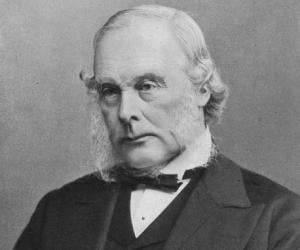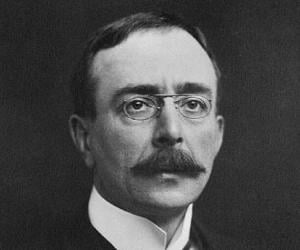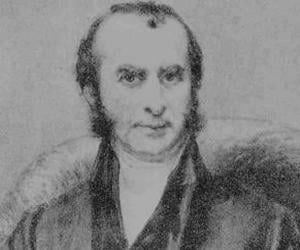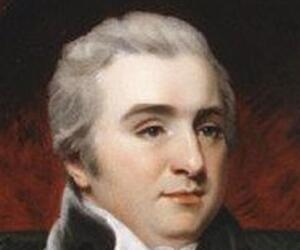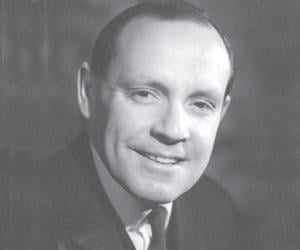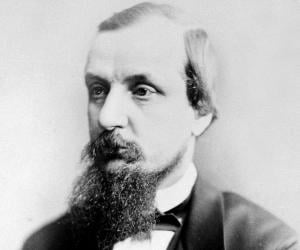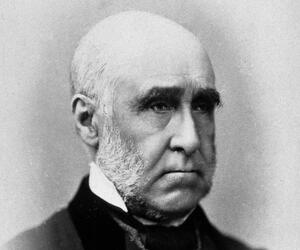1
Joseph Lister
(British Medical Scientist and a Pioneer in the Field of Antiseptic Medicine and Surgery)
Birthdate: April 5, 1827
Sun Sign: Aries
Birthplace: Upton House, West Ham, England
Died: February 10, 1912
Joseph Lister, 1st Baron Lister, was a British surgeon, medical scientist, and pioneer of antiseptic surgery. He revolutionized the field of surgery by introducing carbolic acid as a sterilizer, researching inflammation in wound healing, advancing diagnostic science through microscopy, and devising strategies to improve surgical outcomes. Lister's groundbreaking work in understanding the role of germs in wound infections significantly reduced post-operative complications, making surgery safer for patients worldwide. His contributions earned him the title of the "father of modern surgery."
